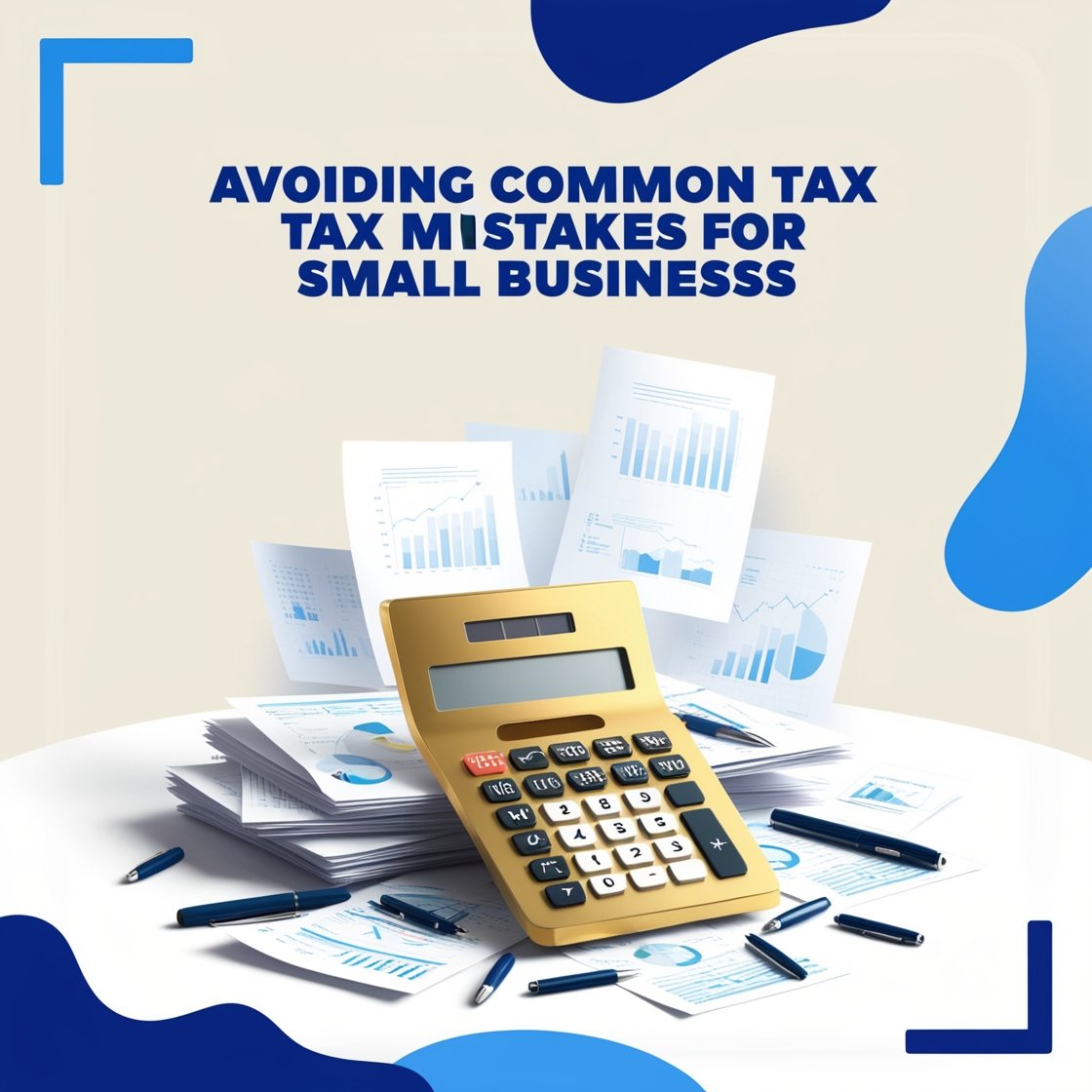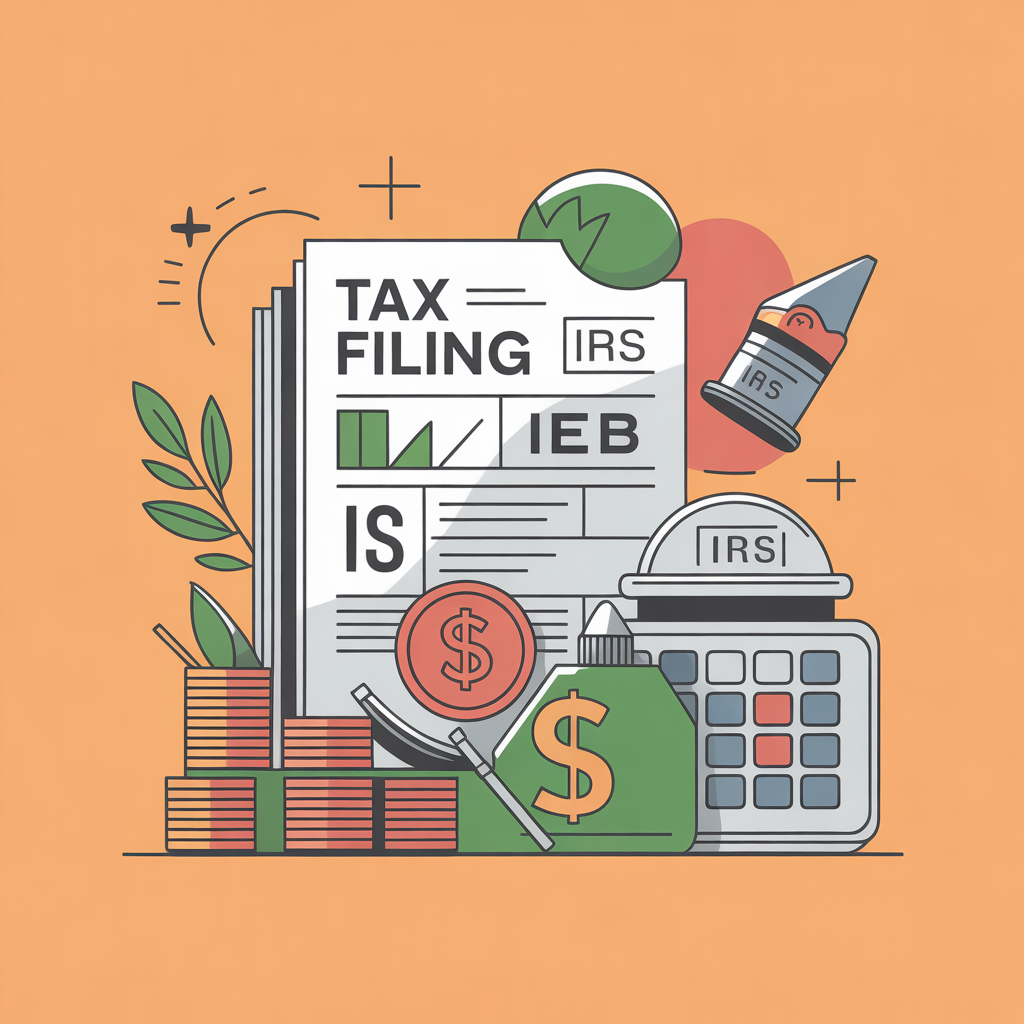For small business owners, navigating the complexities of taxation can be daunting. While juggling daily operations, it’s easy to overlook tax details, which can lead to costly mistakes. Below, we highlight some of the most common tax missteps and offer practical solutions to help your business stay compliant and financially efficient.
- Missing Deadlines
Failing to file or pay taxes on time can result in penalties and interest charges. Many small business owners get caught up in day-to-day activities and forget key tax dates.
How to Avoid It:
- Use a tax calendar or automated reminders to track important deadlines.
- Consider quarterly estimated tax payments if your business has a steady income flow.
- Partner with a tax professional to stay on schedule.
2. Misclassifying Workers
Improperly classifying employees as independent contractors or vice versa can lead to tax audits and penalties. Misclassification often occurs when businesses try to reduce payroll tax obligations.
How to Avoid It:
- Understand the IRS guidelines for distinguishing between employees and contractors based on behavioral control, financial control, and the nature of the relationship.
- Regularly review worker classifications to ensure compliance.
- Overlooking Tax Deductions
Many small businesses miss out on valuable deductions, such as for home office expenses, vehicle usage, or startup costs. This oversight can result in higher tax liabilities.
How to Avoid It:
- Maintain detailed records and receipts of all business-related expenses.
- Consult with a tax advisor to identify potential deductions relevant to your industry.
- Use accounting software to categorize expenses automatically.
- Failing to Separate Personal and Business Finances
Mixing personal and business expenses can complicate tax filing and increase the risk of errors. This mistake often happens in the early stages of a business.
How to Avoid It:
- Open a dedicated business bank account and credit card.
- Document all transactions and avoid using business accounts for personal expenses.
- Use bookkeeping software to streamline financial tracking.
- Ignoring Estimated Taxes
Small businesses often fail to make quarterly estimated tax payments, leading to underpayment penalties at year-end.
How to Avoid It:
- Calculate estimated taxes based on your expected income and deductions.
- Set aside a percentage of monthly revenue for taxes.
- Use IRS Form 1040-ES to guide your estimated payments.
- Misreporting Income
Underreporting or omitting income, whether intentional or accidental, can trigger audits or penalties.
How to Avoid It:
- Keep meticulous records of all income sources, including cash payments.
- Use accounting tools to reconcile income with invoices and bank statements.
- File accurate 1099 forms for independent contractors.
- Neglecting Sales Tax
If your business sells goods or services, you may be required to collect and remit sales tax. Ignoring this obligation can result in state penalties.
How to Avoid It:
- Understand the sales tax rules in your operating states.
- Use sales tax software to calculate and collect the correct amounts.
- Regularly review tax rate changes in different jurisdictions.
- Forgetting About State and Local Taxes
While focusing on federal taxes, small businesses sometimes overlook state or local tax obligations, including payroll taxes or licensing fees.
How to Avoid It:
- Research the tax requirements for your specific location and industry.
- Register with state tax agencies and stay updated on local tax laws.
- Allocate resources to manage state and local filings separately from federal taxes.
- Not Hiring a Tax Professional
Many small businesses attempt to handle their taxes alone to save money, but this often results in costly errors.
How to Avoid It:
- Hire a certified tax professional to handle complex filings and provide strategic advice.
- Schedule regular consultations to ensure you’re maximizing deductions and complying with regulations.
- Consider investing in ongoing tax education for yourself or key staff.
- Poor Recordkeeping
Disorganized or incomplete records make tax preparation stressful and increase the risk of errors during audits.
How to Avoid It:
- Implement a robust recordkeeping system for invoices, receipts, and financial statements.
- Back up records digitally using cloud-based solutions.
- Regularly reconcile accounts to catch discrepancies early.
The Riwa is your one-stop financial partner, providing reliable tax, payroll service. We help businesses and individuals across the USA.
Contact us: filetaxes@theriwa.com & Visit our website : theriwa.com






